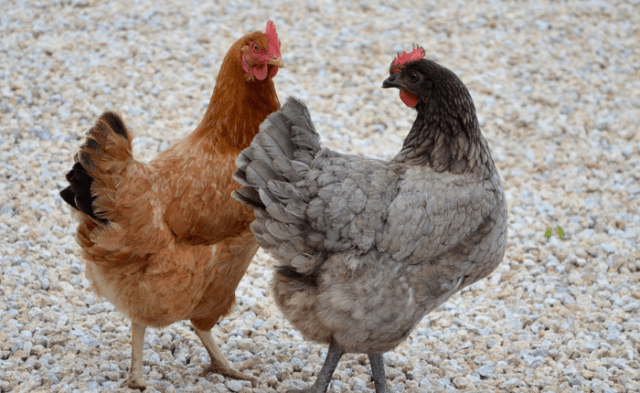Do sex and power make for effective advertising? The National Institute of Mental Health—a branch of the National Institutes of Health (NIH)—used our tax dollars to fund a cruel experiment on monkeys to try to answer that burning question, which will help … well … no one. In the study, monkeys were intentionally kept thirsty to coerce them into cooperating with the experimenters. They were then shown images of brand labels paired with monkeys with higher and lower social status and sexually receptive female monkeys. The monkeys would use a touch screen to select the brands associated with the images they liked best—in exchange for a few drops of juice.
This study was as ridiculous as it sounds—a textbook example of the frivolous ends to which animals are thoughtlessly used in experiments and an insult to good science. Monkeys, mice and other animals are not just small human beings, and continuing to cling to this archaic method of research wastes precious time, resources and lives. NIH has the power to—and should—change this.
Consider this: 95% of new drugs deemed safe and effective in animal experiments fail when they reach human trials. This sobering statistic comes from NIH itself. COVID-19 vaccines reached the market in record time precisely because lengthy and misleading animal trials were bypassed.
Animal toxicity studies—which are supposed to keep us safe from harmful chemicals—are frequently unreliable and lack relevance to humans. Some are difficult to reproduce, so the same chemical tested twice in the same kind of animal can give different results. Many tests are the same as those first used in the 1950s and ’60s, as if science has made no progress since then.
Hideously cruel basic research techniques, such as opening up monkeys’ skulls in order to insert electrodes or making mice swim for their lives, are still being used to investigate chemical changes in the brain, even though technological advances now allow scientists to use human brain imaging, epidemiological studies and clinical research to learn about human—not monkey or mouse—brains without causing any pain or harm.
In many cases, taxpayers are footing the bill for these pointless experiments. In the 1960s, Congress instituted the NIH Primate Research Centers program, charged with importing and breeding monkeys and other primates for experimenters and developing supposed primate “models” for human disease. The primate centers receive tens of millions of taxpayer dollars via NIH every single year. But 60 years and tens, if not hundreds, of thousands of monkeys later, they have failed to produce the promised cures and treatments for human illnesses.
Another example: Government experimenter Elisabeth Murray intentionally inflicts brain damage on monkeys, locks them in small cages, and terrifies them with fake spiders and snakes. Afterwards, she kills them. Murray’s laboratory has been performing these pointless experiments since George Bush senior was president, squandering millions of federal tax dollars in the process. In those 30 years, the experiments have produced exactly zero data beneficial to either monkeys or humans.
Without a firm commitment to ending wasteful animal experiments, animals will continue to suffer and human patients will continue to wait for much-needed medical advances. But PETA scientists have mapped out a better path forward. We can optimize our nation’s investment in research by ending funding for useless experiments on animals and investing in research that’s relevant to humans. PETA has already presented its proposal, the Research Modernization Deal, to NIH and other federal agencies.
We must take advantage of the momentum provided by new and innovative research techniques. Instead of repeating past mistakes, the federal government should ensure that the U.S. becomes a world leader in medical research—and that means eliminating the use of animals.
Dr. Emily R. Trunnell is a neuroscientist and research associate with PETA’s Laboratory Investigations Department.
Through October 31, every donation made to PETA’s “Stop Animal Testing” Challenge will be matched dollar for dollar up to the $300,000 campaign goal—doubling your impact on PETA’s groundbreaking work to reduce suffering and get animals out of laboratory cages.





